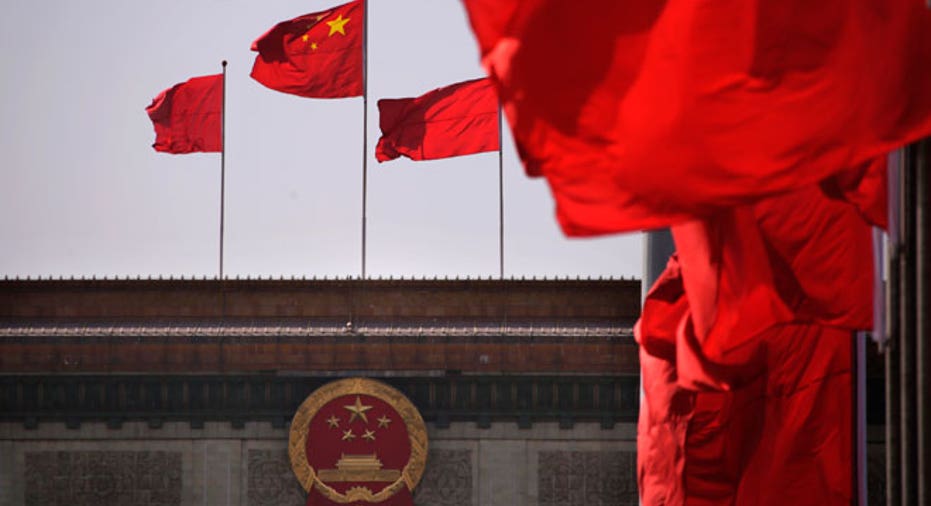China Stocks Slide as Crackdown on Speculators Spreads

China stocks fell sharply on Monday before recovering much of their losses as regulators cracked down on speculators which Beijing blames for a 40 percent crash in the country's stock markets since June.
Both main indexes plunged more than 4 percent at one point, pulling down markets across Asia, before paring losses in the afternoon.
The blue-chip CSI300 index managed to claw back into positive territory in late trade, ending up 0.7 percent at 3,366.54 points. But the Shanghai Composite Index .SSEC fell 0.8 percent to 3,207.07.
Both indexes shed around 12 percent for the month, their third straight monthly decline, and have lost nearly 40 percent of their value since mid-June despite repeated and unprecedented measures by the government to shore up the market.
"A pull back in the market was to be expected as some investors are taking profits after the two-day rally," wrote Gerry Alfonso, director of Shenwan Hongyuan Securities, referring to a rebound on Thursday and Friday after ferocious selling earlier last week.
"Investors seem to be waiting until the manufacturing PMI figure is released later this week before making significant decisions."
China will release its official reading on August factory conditions on Tuesday, and economists polled by Reuters believe activity likely shrank at its fasted pace in three years. Similar surveys on service sector activity are also due.
Reflecting bearish market sentiment, Chinese fund managers cut their suggested stock allocation over the next three months to an eight-year low of 66.3 percent, a Reuters poll showed.
Brokerages shares fell, led by CITIC Securities , after four senior executives from the brokerage confessed to insider trading.
The probe into CITIC Securities was part of regulators' latest crackdown on market malpractice.
An index tracking banking stocks reversed early losses to end the day up 3.1 percent.
Chinese state media announced a slew of confessions on Monday following investigations into recent stock market gyrations, including from a detained reporter who admitted to spreading false information that caused "panic and disorder."
But most analysts attribute the summer crash to the bursting of a typical stock market bubble which was earlier egged on by official media and fueled in large part by borrowed money.
Reporting by Samuel Shen and Pete Sweeney; Editing by Kim Coghill



















